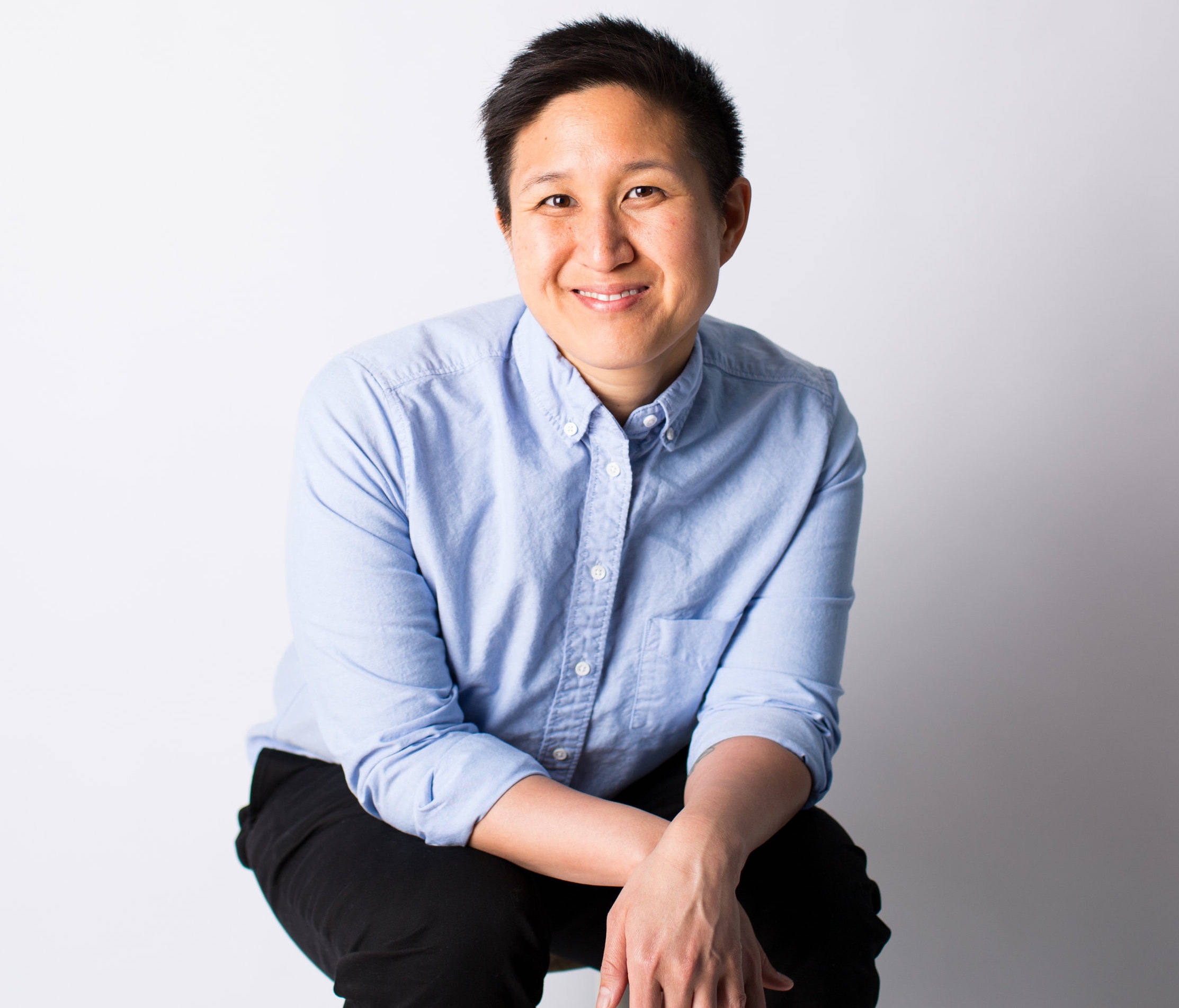Food Psych #150: Disordered Eating & Gender Identity with Sand Chang
Psychologist and trans-health educator Sand Chang joins us to talk about the complex experience of body acceptance for trans folks, the intersections of trans advocacy and Health at Every Size work, the growing body of research around trans folks and eating disorders, the shape-shifting nature of fatphobia and diet culture, and so much more! Plus, Christy answers a listener question about how food restrictions to try to cure acne can exacerbate an eating disorder.
Dr. Sand Chang is a Chinese American clinical psychologist, educator, and writer based in Oakland, CA. Sand identifies as queer, nonbinary, and genderfluid and uses they, them pronouns.
Sand currently divides their time between working at Stanford University’s counseling center, Northern California Kaiser Permanente Transgender Services, and a private practice specializing in trans health, relationships and sexuality, trauma, EMDR, eating disorders, and addictions. As a psychotherapist, trainer, and advocate, Sand is invested in healing and empowerment within marginalized communities and disrupting systems of oppression.
Sand co-authored the 2015 APA Guidelines for Psychological Practice with Transgender and Gender Nonconforming Clients and is the past Chair of the APA Committee on Sexual Orientation and Gender Diversity. They regularly present at conferences and provide trainings on a wide number of topics for health care systems, educators, and organizations. Sand’s upcoming book, A Clinician’s Guide to Gender-Affirming Care: Working with Transgender and Gender Nonconforming Clients, which they co-authored with their colleagues Drs. lore dickey and Anneliese Singh, will be published by New Harbinger in late 2018.
Outside of their professional work, Sand is a dancer, avid foodie, punster, and pug enthusiast. They live in Oakland, CA with their pug Zelda Sesame. Find them online at SandChang.com.
WE DISCUSS:
Sand’s relationship with food growing up, including how their Chinese-American heritage influenced how they related to food
Sand’s first exposure to diet culture and fatphobia, including how unconscious and covert diet mentality was while they were growing up
How being involved in dance negatively influenced Sand’s body image
Sand’s experience with an eating disorder and over-exercise, and how trauma and coping played a role in the development of their disordered behaviors
How positive feedback from weight loss egged on Sand’s disordered relationship with food and the issue with body appraisals
Sand’s process of seeking recovery, including the ways in which healthcare practitioners both help and harm individuals attempting to heal
How weight bias prevents folks from getting the proper care for their eating disorder
Sand’s discovery of size acceptance and fat liberation, and struggling with applying body acceptance to our own bodies
Trans healthcare and body image, including the fatphobia and binaries embedded in queer communities and body norms within the trans community
Sand’s experience discovering their gender non-conforming identity
The growing body of research around trans folks and eating disorders
How the minority stress around being misgendered feeds into disordered eating
The current limitations within the healthcare field around trans identity and barriers to care for trans folks
Gender dysphoria vs body dysmorphia
The limitations of the current DSM mental-health diagnoses for eating disorders and for the trans experience
The complex experience of body acceptance for trans folks
The intersections of trans advocacy and anti-diet, Health at Every Size work
Why gender-affirming surgery isn’t a cosmetic surgery and why it saves lives
Sand’s experience finding their way back to inclusive eating disorder work
The need for the HAES movement and eating disorder work to become more intersectional and move away from the gender binary
“White feminism” vs intersectional feminism
Sand’s experience with orthorexia, how their experience navigating their gender identity within the healthcare system reinforced their disordered experience, and their path to breaking out of diet culture for good
Sand’s path to finding intuitive eating, joyful movement, and body acceptance
How diet culture keeps up in the limbo period between disordered and recovered
Moving away from the perfectionism around the idea of recovery
The positive and negative takeaways from Sand’s time in Overeaters Anonymous
How valuable it is to have a community by your side during healing
RESOURCES MENTIONED
Some of the links below are affiliate links. Affiliates or not, we only recommend products and services that align with our values.
FAT!SO? by Marilyn Wann
Ragen Chastain and her first and second Food Psych Podcast episodes
Gloria Lucas and her Food Psych Podcast episode
Submit your questions for a chance to have them answered on the podcast!
My online course, Intuitive Eating Fundamentals, which includes monthly listener Q&A podcasts and access to my private Facebook support group
Get your Food Psych swag here!
LISTENER QUESTION OF THE WEEK
Can eating in certain ways and cutting out certain foods help cure cystic acne? What are the dangers of trying to heal our skin through food restriction? Can disordered eating contribute to hormonal acne issues?
(Resources Mentioned: Dr. Steven Bratman’s work on orthorexia, Julie Duffy Dillon’s anti-diet resources for PCOS, the Certified Intuitive Eating Counselors Directory, the Health at Every Size Registry)

